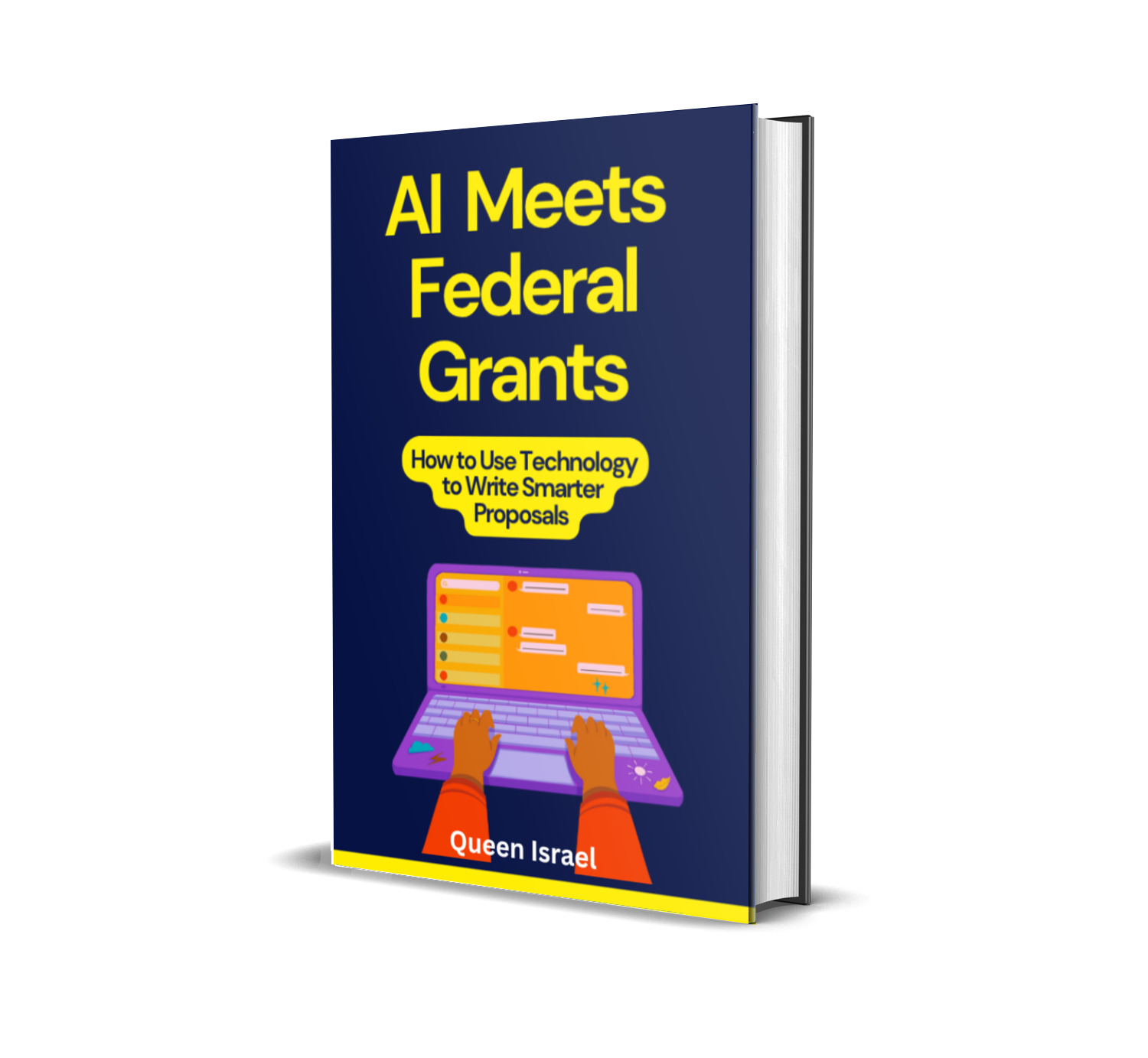Corporate grants have emerged as a major source of funding for nonprofit organizations, a conduit connecting the private sector’s abundant resources to social causes.
In an era when socially responsible practices have become a cornerstone for businesses, corporate grants offer a unique opportunity for nonprofits to develop sustainable partnerships with corporations.
This comprehensive guide provides insights into leveraging corporate grants for nonprofits, giving practical examples and showcasing organizations funding these initiatives.
Understanding Corporate Grants
Corporate grants are donations given to nonprofit organizations by corporations or businesses. Unlike traditional funding methods, these grants are often part of the corporation’s corporate social responsibility (CSR) program, aiming to create positive social change.
The motivations behind these grants are multifold, from improving brand image and reputation, building strong community ties, to meeting legal requirements in certain jurisdictions.
How Corporate Grants Work for Nonprofits
Nonprofit organizations can utilize corporate grants to support various activities, such as general operations, specific projects, and capacity-building initiatives. Depending on the company’s philanthropic strategy, some corporations prefer supporting specific sectors such as education, health, environment, or underserved communities.
Corporations often invite applications through a formalized grant application process, which typically requires nonprofits to outline their mission, project proposals, and demonstrate their potential impact.
Top 20 Organizations Funding Corporate Grants for Nonprofits
Here are twenty corporations that actively provide grants to nonprofit organizations:
1. Google.org – Google’s philanthropic arm offers grants focusing on education, economic opportunity, and inclusion.
2. Ford Foundation – This global organization focuses on grants related to social justice, human rights, and creative expression.
3. Microsoft Philanthropies – Microsoft offers grants in areas including accessibility, education, and digital skills.
4. Walmart Foundation – The Walmart Foundation provides grants aimed at creating opportunities through retail and related sectors.
5. The Coca-Cola Foundation – This foundation offers grants with a focus on women, water, and wellbeing.
6. Pfizer Foundation – Pfizer provides grants in the areas of health, science education, and community development.
7. IBM Corporate Citizenship – IBM provides grants for education, health, and community resilience.
8. The Home Depot Foundation – This foundation primarily provides grants for veteran housing and disaster response.
9. Bank of America Charitable Foundation – The focus of this foundation’s grants is on economic mobility and social progress.
10. Starbucks Foundation – Starbucks provides grants focusing on opportunity youth and refugees, food security, and sustainable coffee production.
11. Chevron Corporation – Chevron provides grants for health, education, and economic development.
12. Johnson & Johnson – They offer grants for global public health, health workforce strengthening, and essential surgery.
13. Procter & Gamble (P&G) Fund – P&G provides grants with an emphasis on community impact, diversity & inclusion, and gender equality.
14. 3M Foundation– The 3M Foundation provides grants that encourage STEM education and community vitality.
15. Verizon Foundation – Verizon focuses on grants for education, sustainability, and digital inclusion.
16. General Electric (GE) Foundation – GE provides grants for health.
17. Target Corporate Responsibility – Target offers grants focusing on arts, social services, and public safety.
18. Wells Fargo Foundation – This foundation provides grants in the areas of housing affordability, financial health, and small business growth.
19. ExxonMobil Foundation – ExxonMobil offers grants for education, malaria prevention, and economic opportunities for women.
20. Intel Foundation – Intel provides grants that encourage STEM education, diversity in technology, and community wellbeing.
Practical Examples of Corporate Grant Use
Understanding how nonprofits have successfully utilized corporate grants can guide your application process. Here are two practical examples:
1. Case Study 1: Digital Literacy Project Funded by Google.org
A nonprofit organization committed to enhancing digital literacy in underprivileged communities received a significant grant from Google.org. They tailored their proposal to align with Google.org’s focus on education and inclusion, using keywords such as ‘digital inclusion’, ‘rural development’, and ‘education equity’.
The grant enabled them to develop online courses, distribute digital devices, and organize training workshops for teachers in rural areas.
2. Case Study 2: Environmental Conservation Project Supported by the Coca-Cola Foundation
An environmental nonprofit received funding from the Coca-Cola Foundation to implement a watershed conservation project in a drought-stricken region. Their successful proposal used keywords such as ‘water conservation’, ‘climate resilience’, and ‘community engagement’, aligning with the Foundation’s focus on water and wellbeing.
The grant allowed them to construct rainwater harvesting structures, replant indigenous tree species, and conduct community education on sustainable water use.
Preparing a Successful Application for Corporate Grants
Crafting a compelling grant application requires careful planning, research, and alignment with the funding organization’s values. Here are some tips:
1. Understand the Corporation’s Focus Areas: Each corporation has specific focus areas for their grants. For example, the Pfizer Foundation emphasizes healthcare, while the Bank of America Charitable Foundation focuses on economic mobility.
2. Clear, Concise Proposal: Make your proposal clear, concise, and coherent. Clearly state your mission, objectives, strategies, expected outcomes, and how you will measure success.
3. Budget Transparency: Be clear about how you plan to use the funds. Provide a detailed budget that matches your proposal narrative.
4. Align with CSR Goals: Tailor your application to align with the corporation’s CSR goals. Use keywords and phrases that mirror their CSR language.
5. Impact Narrative: Tell a compelling story about your organization’s work and the impact you make. Use data and personal stories to bring your work to life.
Conclusion
Corporate grants present a promising opportunity for nonprofits to fund their operations and projects. Understanding the landscape, knowing who the key players are, and learning how to craft a compelling proposal can make all the difference in securing funding.
The private sector’s increased focus on CSR means that corporations are increasingly seeking nonprofit partnerships that align with their mission, offering a mutually beneficial relationship that can drive meaningful social change.






